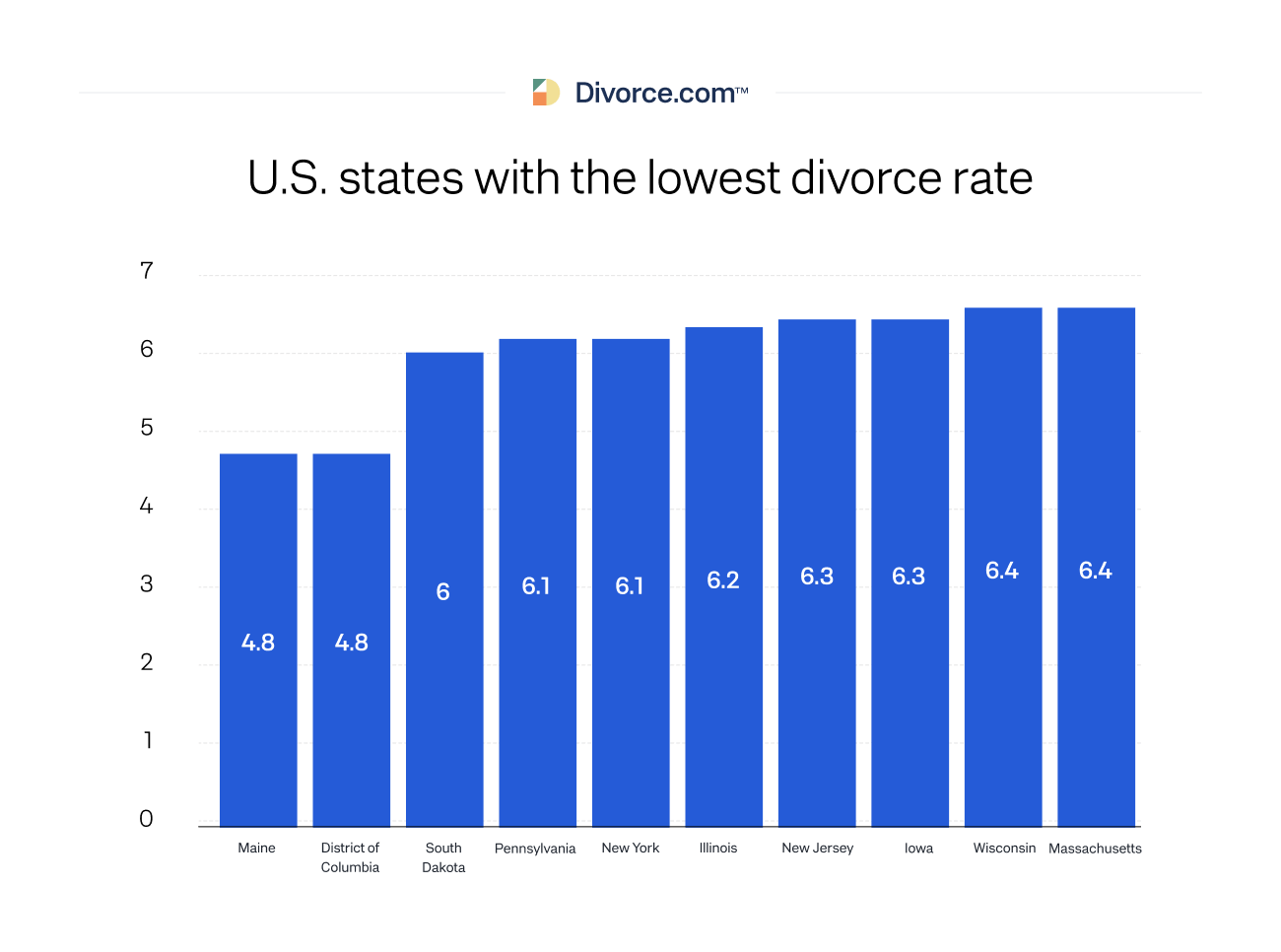How a Divorce Attorney Can Help Achieve Peace
Divorce can be one of life’s most challenging and emotionally taxing experiences. However, it doesn’t have to be a battleground filled with anger, resentment, and endless legal battles.
A peaceful divorce is possible if both parties are willing to work together and prioritize communication, compromise on conflicting preferences, and focus on the emotional well-being of their children. Here, we will explore tips to help you achieve a harmonious divorce, all with the guidance of a seasoned divorce attorney. Here’s what you need to know.
Maintain Open and Honest Communication
At the heart of any peaceful divorce lies open and honest communication. Both partners must work together to communicate their feelings, concerns, and expectations. Doing so can help establish a foundation of trust and clarity that goes a long way in preventing misunderstandings and unnecessary conflicts.
Consider involving a mediator, therapist, and/or divorce attorney if you encounter difficult conversations or find communicating challenging. These professionals can provide guidance and a neutral environment to facilitate productive discussions, ultimately helping both parties work towards fair and mutually agreeable resolutions.
Remember that a commitment to open and honest communication benefits you and your ex. It creates a more stable and supportive environment for any children involved, as they can witness healthy conflict resolution and cooperation during a challenging time.
Consider Mediation
Opting for mediation instead of a traditional courtroom battle can significantly reduce stress and promote cooperation. The mediator’s role is to facilitate the negotiation process, help both parties understand each other’s perspectives, and explore alternative options for resolving disputes. The mediator does not make any decisions for either party but instead reinforces they have equal opportunities to voice their opinions and arrive at a mutually agreeable outcome.
Mediation can be an effective option for couples willing to work together and compromise to achieve a positive outcome. It’s particularly useful for couples who have children, as it can help reduce the stress and trauma that children often experience during a divorce. A divorce attorney can represent you during these processes, working to reach a fair and mutually acceptable settlement with your spouse.
Prioritize the Well-being of Your Children
If you have children, their well-being should be your top priority. Maintain a united front when it comes to co-parenting decisions. Create a comprehensive parenting plan that outlines responsibilities, schedules, and guidelines. Keep children out of adult conflicts and reassure them of your love and support.
Whether it’s parenting time, asset division, or spousal support, your divorce attorney will help that your voice is heard and that the court’s decision is fair and aligned with your best interests. Furthermore, during court proceedings, your divorce attorney can address unexpected challenges and legal objections and help ensure that all legal procedures are followed diligently.
Their presence in court assures you that you have a dedicated legal professional fighting on your behalf, helping you navigate the complexities of the judicial process during an emotionally challenging time.
Seek Emotional Support
Going through a divorce can be emotionally challenging for everyone involved. It’s vital to recognize the emotional toll it can take and take proactive steps to seek emotional support. You can turn to friends family members, or consider getting help from a therapist to assist you in coping with the stress and grief that comes with the divorce process. Prioritizing your mental and emotional well-being is a fundamental aspect of achieving a peaceful divorce.
Letting go of anger and resentment is a cornerstone of a peaceful divorce. Instead of harboring feelings of revenge or striving to “win” the divorce, focus on achieving fairness and equity for both parties. Getting the help of an experienced divorce attorney can help you further embrace these principles and lead to a more constructive and less acrimonious divorce process.
Work With A Divorce Attorney
If you’re currently residing in Illinois and seeking a divorce attorney to assist you in finalizing your divorce, Masters Law Group is here to provide the support you need. Our team of experienced divorce attorneys and mediators is fully prepared to advocate for you and your family.
Erin E. Masters and Anthony G. Joseph have consistently earned recognition from esteemed publications year after year, a testament to their unwavering work ethic, strong character, and experience in family law. Our track record of success reassures you have a trustworthy ally throughout your divorce proceedings.
GOOGLE REVIEWS AND CLIENT TESTIMONIALS
We believe each client deserves a legal team willing to go the extra mile. We will always provide honest advice and guidance on all matters related to your case.
Client Reviews:
“ Masters Law Group was incredibly helpful with my divorce. Erin and Anthony were a pleasure; they were very responsive, efficient, and very knowledgeable. I always felt that my case was in good hands, and it was a relief to trust them with the process. I highly recommend Masters Law Group to anyone needing help with a family law matter.”
-Luz G.
Divorce Client
“I highly recommend Masters Law Group. This was a very long and drawn-out divorce. Still, Erin and Anthony always seemed to be one step ahead of the opposing counsel, and nothing was a surprise, only anticipated with appropriate protections in my favor. I was able to finalize my divorce on favorable terms and am very happy with the outcome. I can’t thank Erin and Anthony enough for their patience, understanding, and expertise throughout this difficult time.”
-Giancarlo B.
Divorce Client
Final Thoughts
A peaceful divorce becomes achievable when both parties commit to open communication and cooperation—placing the well-being of all involved, especially children, at the forefront. Keep in mind that divorce is a journey, and with the right mindset and support, you can navigate it to pave the way for a brighter future for everyone.

